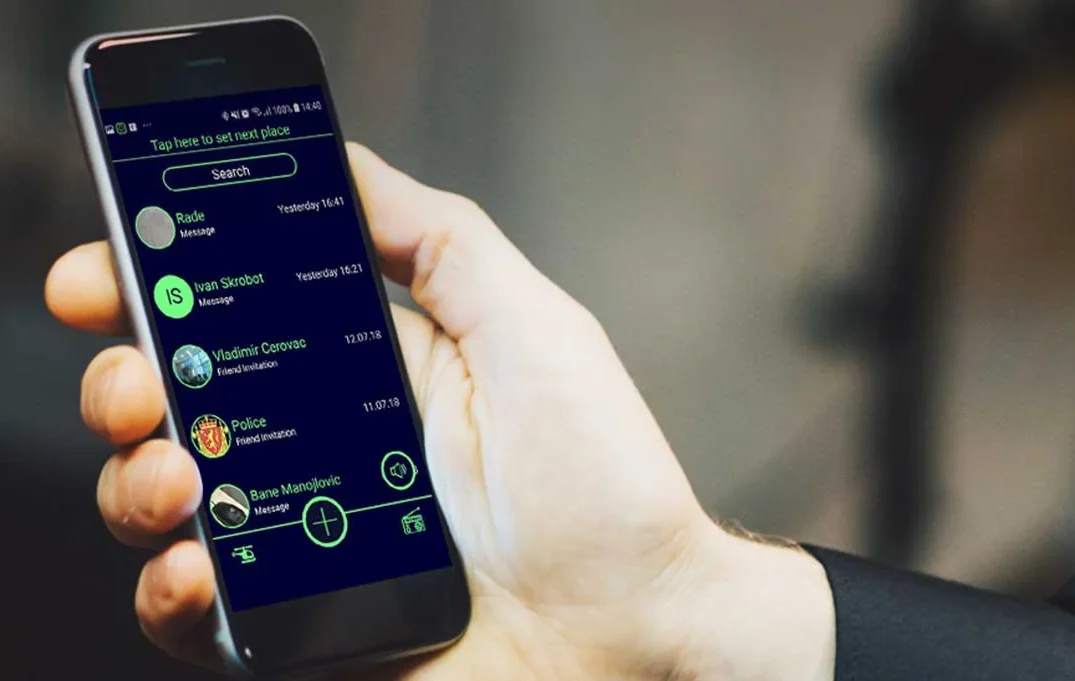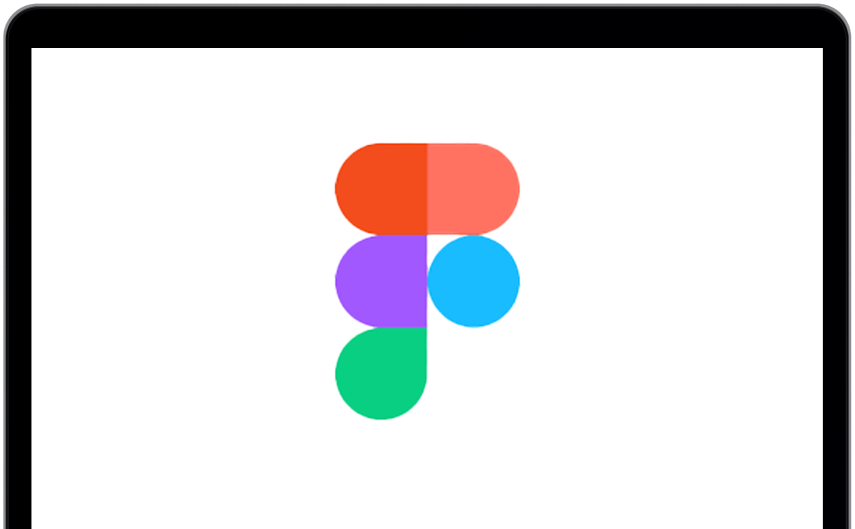UI/UX solutions we provide
Putting every pixel in the right place.
Visual Design: Crafting visually appealing interfaces that are both functional and aesthetically aligned with the brand’s identity, including typography, color schemes, and iconography.
Responsive Design: Designing interfaces that adapt seamlessly across different screen sizes and devices (desktop, tablet, mobile), ensuring a consistent user experience.
Design Systems & Style Guides: Developing comprehensive design systems and style guides that include reusable UI components, design patterns, and guidelines for consistency across the product.
Icon & Illustration Design: Creating custom icons, illustrations, and graphic elements that enhance the visual appeal and user experience of the digital product.
Interaction Design: Focusing on the way users interact with the product, defining workflows, navigation, and interactive elements to ensure a smooth and intuitive experience.
Information Architecture (IA): Structuring and organizing content within a digital product to make it easy for users to find information, complete tasks, and navigate seamlessly.
Usability Testing: Conducting usability tests to assess how real users interact with a product and identifying areas where the user experience can be improved.
User Flows & Task Flows: Mapping out user flows and task flows to optimize how users move through different sections of the product to achieve their goals with minimal friction.
Wireframe Creation: Designing low-fidelity blueprints of web pages, screens, or apps that outline the structure, layout, and content organization without detailed design elements.
Interactive Prototyping: Developing interactive prototypes that simulate user interactions, allowing stakeholders to experience the functionality and flow of the product before development begins.
Rapid Prototyping: Quickly creating and testing multiple prototypes to validate design concepts and gather feedback from users and stakeholders early in the process.
Design Strategy Consultation: Offering expert advice on how to improve user experience, optimize user interfaces, and align designs with business goals and user expectations.
UX Audit: Conducting a comprehensive evaluation of existing digital products (websites, apps, etc.) to identify usability issues, performance bottlenecks, and design flaws that hinder user satisfaction.
Brand Alignment: Ensuring that the UI/UX design aligns with the brand’s identity, tone, and values to create a consistent brand experience across all touchpoints.
User Persona Development: Creating detailed profiles of the target audience, including their demographics, behaviors, and pain points, to better understand user needs.
User Interviews & Surveys: Conducting interviews, surveys, and feedback sessions with potential users to gain insights into their preferences, habits, and challenges.
Competitor Analysis: Evaluating competitors’ designs to identify industry standards, best practices, and areas of improvement that can inform the UI/UX strategy.
Journey Mapping: Creating user journey maps to visualize how users interact with a product or service, identifying opportunities for enhancing the experience.
Inclusive Design Practices: Designing digital products that are accessible to all users, including those with disabilities, by following guidelines like the Web Content Accessibility Guidelines (WCAG).
Assistive Technology Integration: Ensuring that the UI/UX design supports screen readers, keyboard navigation, and other assistive technologies to enhance the experience for users with visual, auditory, or motor impairments.
Color Contrast & Typography: Ensuring adequate color contrast and readable typography to improve accessibility for all users, particularly those with visual impairments.
Speed your project forward with
Smoothshoring™
Experience the Glatco difference when you work with our US-based program managers, tech leadership, and executive coaches to smooth the process of your technical projects and outsourcing.
The benefits of UI/UX design
Intuitive Interfaces: A well-designed UI makes interactions simple and intuitive, reducing the learning curve for users. When users find it easy to navigate and use a product, they are more likely to enjoy the experience, leading to higher satisfaction.
Seamless Experience: A focus on UX ensures that the product flows logically, minimizes friction, and offers a smooth user journey, keeping users engaged and happy.
Better Usability: When users can easily complete tasks without frustration, they are more likely to continue using the product. Good UX design minimizes confusion and helps users achieve their goals quickly.
Higher Engagement: An appealing UI and engaging UX features (such as personalized content, animations, or responsive feedback) encourage users to spend more time with the app or website, boosting engagement.
Fewer Errors and Redesigns: Investing in UX design from the beginning helps identify and resolve usability issues early in the process. This reduces the need for costly fixes and redesigns later in the development lifecycle.
Efficient Development: Clear UX design documentation (like wireframes and prototypes) provides developers with a precise roadmap, reducing miscommunication and development time.

Tailored ways to work with you
Smooth from start to finish





